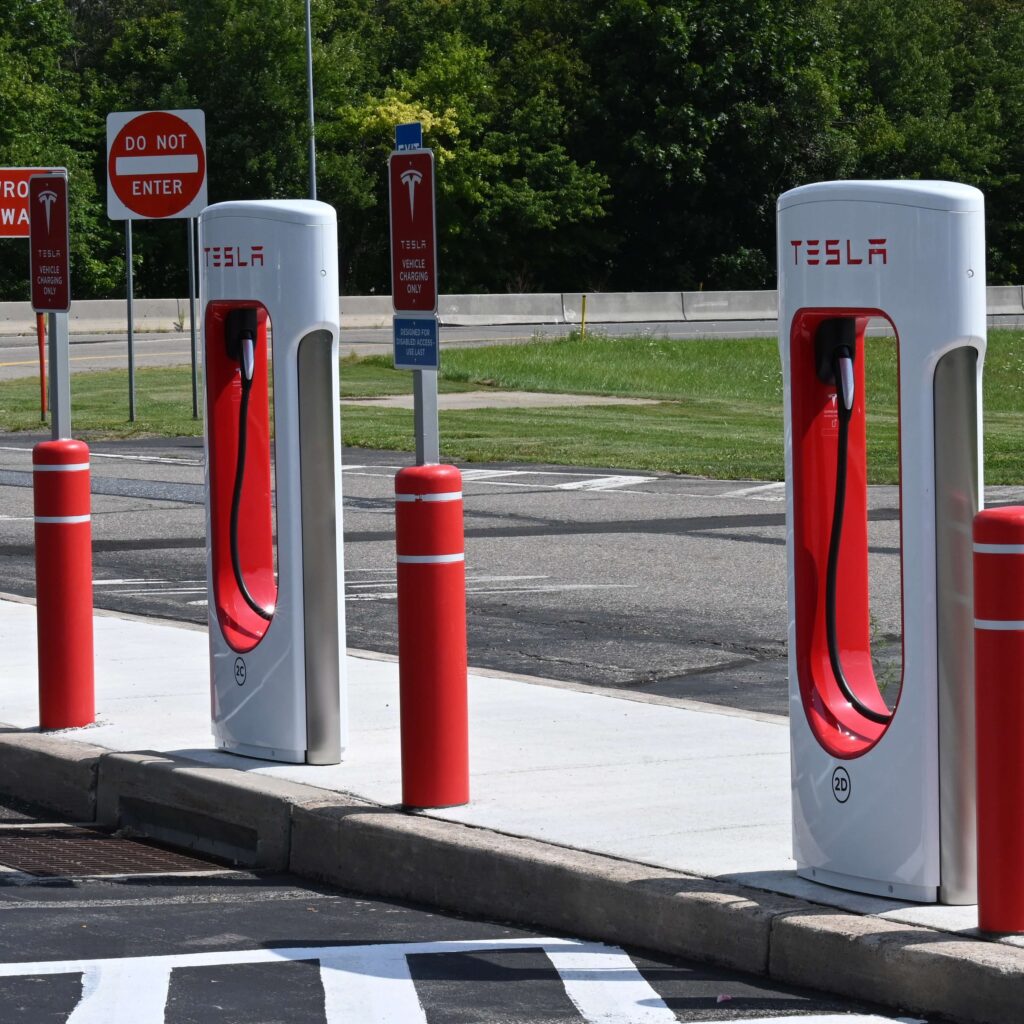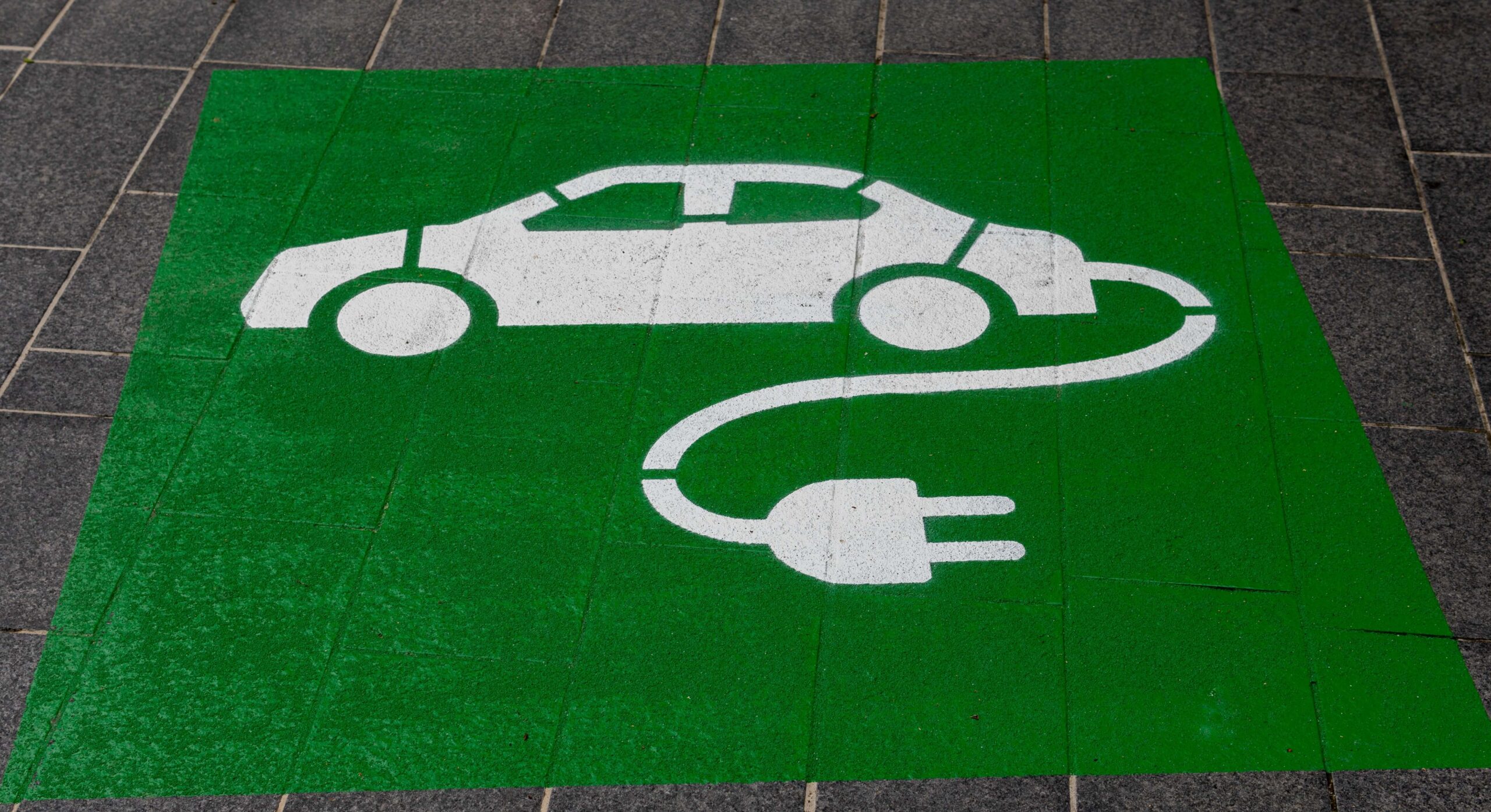Fuel Efficient cars have come to save us from the rising Fuel costs and deadly affects that fuel causes on our health. With our limiting resources and rising fuel demands along with the rising number of fuel consumers, Fuel efficient cars have a booming future ahead of them.
There are different points to note on fuel efficient cars, Let’s dig deeper on what they are.
Save Money While Reducing Greenhouse Gases
Fuel-efficient vehicles offer a balance between gas-saving, environmentally friendly travel and the ability to go anywhere without the range anxiety that some feel with EVs. Most Americans can do their daily driving, going to work and back or to the grocery store and back, on electric power alone.
Fuel-efficient cars produce less greenhouse gasses that contribute to climate change and air pollution. Most of our nation’s smog comes from driving internal combustion vehicles. Plus, the less gasoline we use, the less our country will be reliant on foreign oil. One-quarter of the gasoline we use comes from other countries and the less of it we use, the more we’ll save.
What does the report say?
A report commissioned by BEUC, the European Consumer Organisation, has found that fuel efficient cars will save consumers considerable amounts over the next decade, with the running costs of electric vehicles matching or even beating those of petrol cars by 2024.
The main finding of the new study is that owning and running a fuel-efficient car should become much more affordable between 2020 and 2030 compared with today, so long as new technologies are brought to the market as expected.
The report, titled ‘Low carbon cars in the 2020s: Consumer impacts and EU policy implications’, also found that consumers should save between €4,400 and €9,400 on average over the lifetime of a petrol or diesel car bought in 2025 compared to one in 2015.
“Consumers stand to win big from the cost savings of energy efficient technologies, whatever the type of car they choose to ride,” said BEUC’s Director General, Monique Goyens.
“Compared to 2015, filling the tank of a new petrol or diesel car bought in 2025 could save consumers on average €6,500 over the car’s entire lifetime. Electric vehicles should no longer be the privilege of the few but become affordable to the masses within the next decade.”

Fuel efficient cars need policymakers’ support
While owners of used cars are set to gain the most from reduced fuel costs, all consumers will benefit from cars being more efficient and the knock on impacts of reducing demand for energy –whether future energy prices are high or low.
However, the report emphasises that new fuel efficient technologies need continued investment and binding EU CO2 reduction targets will be key to incentivise their market deployment.
“Today’s cars consume much more than manufacturers claim they do,” Goyens stated. “It is high time cars became a money saver instead of a money drainer. However, the change will not happen by itself, policy makers need to lock in the technology roll out. In 2017 we expect a proposal from the European Commission to drive down CO2 emissions including ambitious reduction targets for cars for 2025 and 2030.
“More electric cars on the road will also require more charging points. Consumers need certainty that refuelling will be convenient and accessible whether they want to charge at home, at work, or whilst on the road.”
Which fuel efficient car is better: Plug-In Hybrids or Electric Cars?
With a plug-in hybrid, drivers can run errands on battery power alone. The gasoline engine comes into play for longer trips, working with the electric motor for better fuel consumption. As with all hybrid cars, the transition from electric to gasoline power is seamless to the user.
Once you are back home, your plug-in hybrid can charge up in just a few hours and you’ll be ready to head out on all-electric power once again. Lift the hood, and you’ll see an internal combustion gasoline engine and an electric motor nestled together, just like all hybrid cars. Outside the vehicle, you’ll find two small doors that open for fueling; one is for gasoline and the other is for plug-in electricity.
On the other hand, an all-electric car has no gasoline engine at all. Most EVs today have a range of 200 miles or more before they need a recharge. That’s plenty of range to drive on a typical day. By plugging in your car at home overnight, it is like having a full tank of fuel every morning. Plus, new EVs are pushing the range limit to over 300 miles and some vehicles such as the Lucid Air claim a range of over 500 miles.
Both PHEVs and all-electric EVs allow you to charge with Level 1 or 2, but only EVs include the ability for Level 3 DC fast charging at charging stations.

Conclusion: Is a Fuel Efficient Car Right for You?
Hey, what’s not to like? You get all the convenience and technology of a conventional car but save money at the gas pump and help to save the environment too. Many buyers find that plug-in hybrids are the perfect combination of electric driving performance and efficiency without the “range anxiety” of an electric-only vehicle.
Also Read: Advanced Car Detailing Tips: For a Professional-Looking Shine
